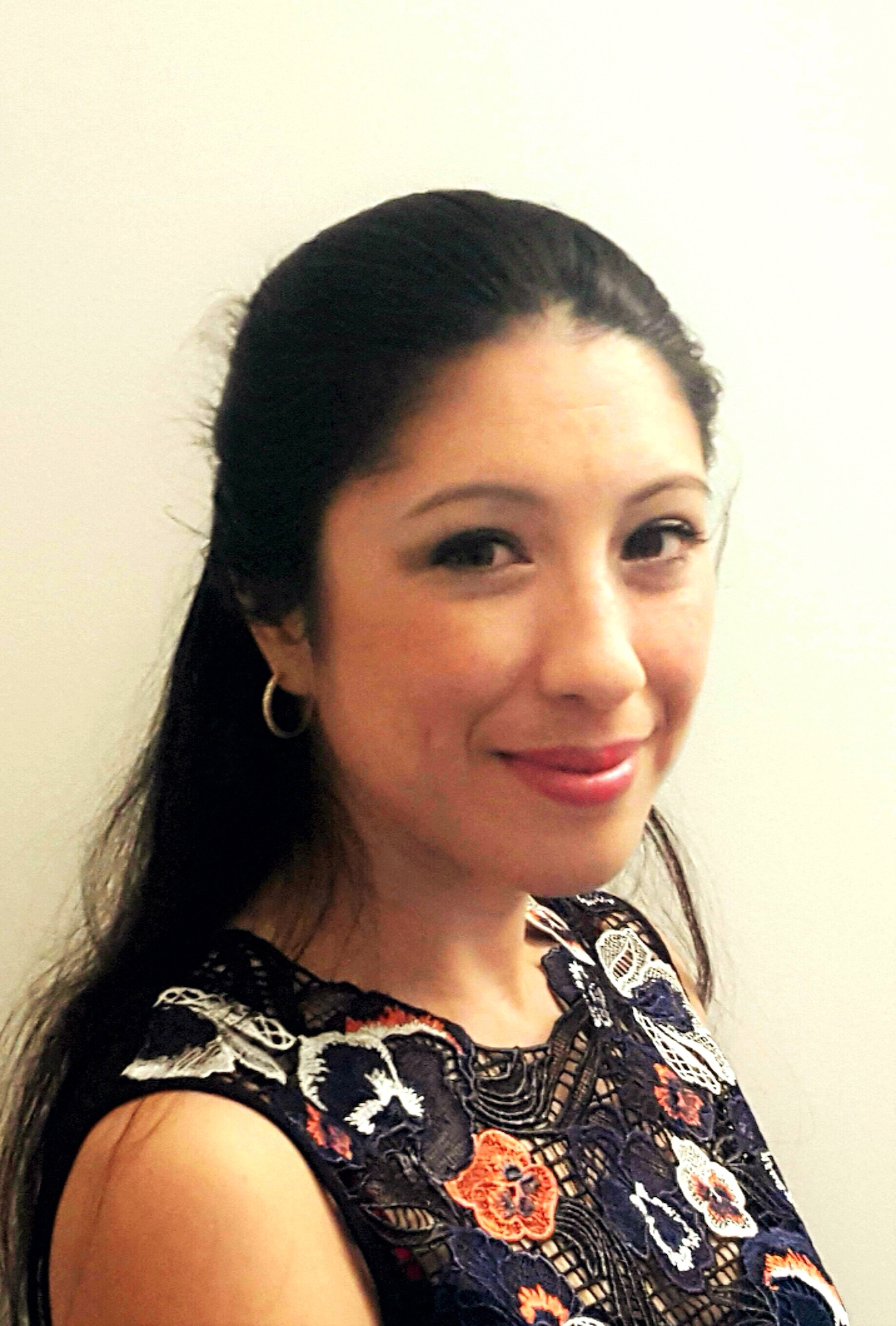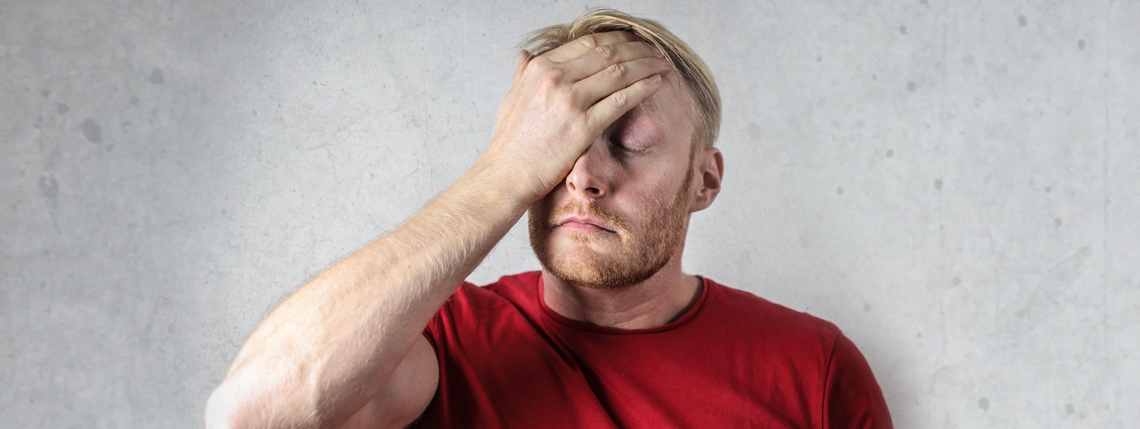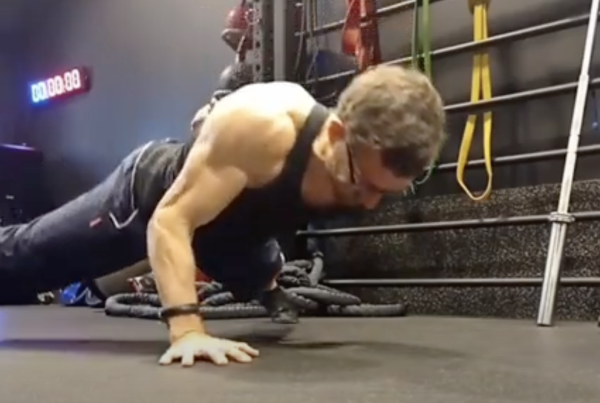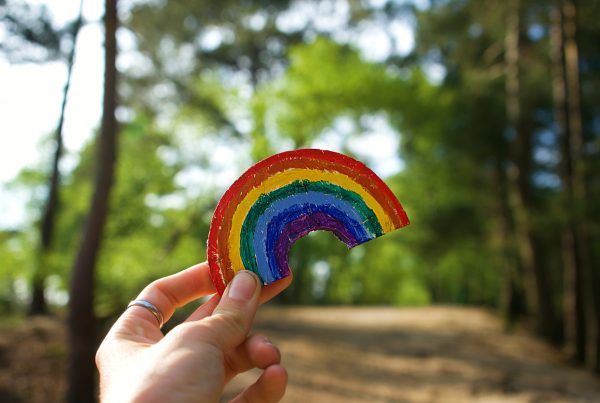What a crap time. We are all facing worry regarding our health, the health of those we care about and our finances. What makes the danger harder to manage is the uncertainty around how long this will last and what life will be like on the other side of lockdown. Given this situation, it is normal and inevitable to feel fear and anxiety. What can we do to stop ourselves drowning in these unpleasant emotions?
The survival basics
No one thing can make this period enjoyable. But there are lots of little things we can do to make it a little better.
Take care of yourself like you would a child:
We are often far nicer to children than to ourselves, but why should we not show the same compassion and patience to everyone, including ourselves? So, stick to a good routine, get dressed nicely, wash yourself, eat three meals a day (some of them healthy), get some fresh air, be kind to yourself if you feel bad and try to make that day just a little more fun (e.g., play a game, have a bubble bath, put some music that on you like).
Fresh air and nature:
These are known to improve your mood, so find a place and moment (within the restrictions) to enjoy the blossom, sunshine and birds, maybe even do gardening. The added bonus is that you will probably end up walking, which is proven to lift your mood in any context.
Connect and socialise:
Every day, connect with those you love and make sure you speak with someone, preferably via video call. Treat this like you would if you were going out: dress up, brush your hair and maybe have a drink. The more you invest in it, the more you will get out.
How to grow
Identify your core values:
In these vulnerable times, without our usual distractions, be open to your thoughts. They will tell you what you fear and what you value. These values can guide you through any difficult time, both now and in the future. So, if you value courage and humour, how can you express these? What can you do today and in the future to be that person? One of those values might well be kindness and compassion.
Focus outwards:
Who can you show kindness to today? Can you thank someone for showing you kindness or inspiring you? Can you reconnect with someone you lost touch with? Or even apologise for something that you did wrong?
Learning and development:
Another of these values might be personal development. Is there something you would like to learn or have always wanted to try? Maybe something completely different, such as a creative activity, language or even improve that GCSE maths.
Mindfulness:
Some think that mindfulness is the same as meditation, which can be quite boring. Meditation is a form of mindfulness, but it is by no means the only way. Mindfulness is being non-judgementally in the present. Some of you might have experienced it as ‘being in the zone’ when training or just watching a beautiful landscape where no thoughts of the past or future distract you from that moment.
So, if you notice that your mind keeps dragging you to scary thoughts over which you have no control, acknowledge where it has gone and bring it back to your present moment – thinking about your breath, the sounds or visuals in your environment, or even taste. It may be frustrating, as you can feel that your mind is constantly returning to fear, but just keep practising. It takes time but you will get better at this.
Contemplate the worst:
What is your greatest fear right now? Death? Losing your savings? Moving back in with Mum and Dad? Failure? Exploring and understanding your fear makes it less scary and reminds you that there is no shame in any of these outcomes, because life inevitably throws hideous times at everyone. Even if the worst happens, remind yourself that you can and will get through it, and that you can do it with your dignity if you follow your values.
It is not what you worked so hard for, and it won’t be pleasant, but you will get to a better place eventually, because humans are vulnerable but they are also resilient. So, accept the road ahead and remember that there will have been some moments of laughter, beauty, love and kindness along the way.
Author bio

Dr Isabelle Hung is a psychologist working with children, young adults and families, and treats a range of mental health conditions including depression, anxiety, personality disorders, bipolar disorder, OCD, and relationship difficulties. She runs a website and group to help people re-build their lives after divorce (divorceclub.com).







